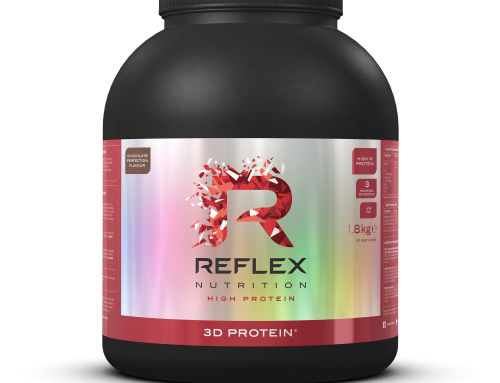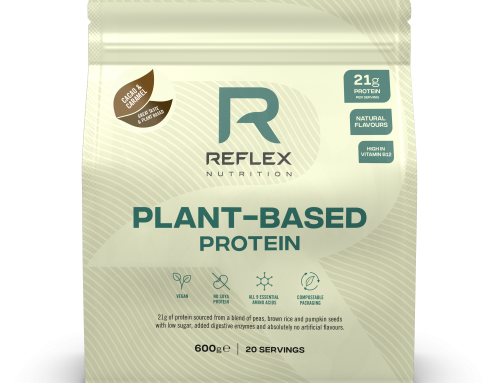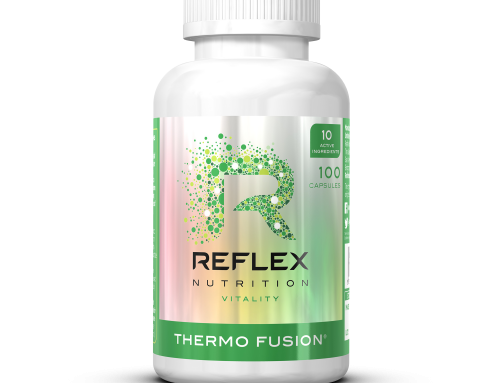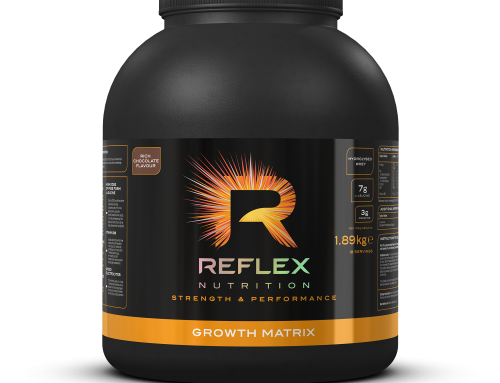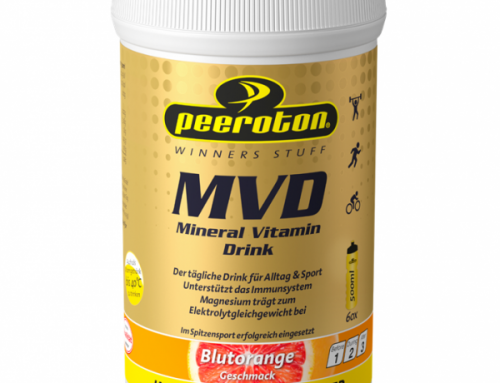Natural Power Mega BCAA’s Review
Mega BCAA’s is a product from Austrian based company Natural Power. The product description claims that the product promotes the establishment and maintenance of muscles. This review will aim to understand if and how the ingredients do this.
Ingredients
L-isoleucine / L-Leucine/ L-Valine
Leucine, Isoleucine and Valine are all Branched chain amino acids (BCAA’s). They are essential for protein synthesis which is stimulated after exhaustive exercise (1) as well as the critical metabolic process in muscle (2, 3). The metabolic roles of Leucine include energy production and the modulator of muscle protein synthesis via the insulin signalling pathway. There is a reason to suggest that it helps maintenance of muscle mass during weight loss (4). Leucine has also been shown to help in the direct maintenance of glucose homeostasis by improving the redistribution of glucose via the glucose – alanine cycle (5).
Fructose
Fructose is a simple carbohydrate and is an intermediary in the metabolism of glucose (6). It has a low caloric value, low glycemic index (7) and gives a sweeter taste (8).
Sorbitol
Sorbitol is a slow metabolising sugar and is used as a sweetener.
Magnesium stearate
Magnesium stearate does not induce any nutritional benefits. The main reason for this substance being in the supplement is that it is a lubricant for the machinery that manufactures the product.
Summary
This product states that it promotes the establishment and maintenance of muscles. This product can achieve this with the use of leucine, Isoleucine and Valine and can provide energy with the use of fructose. This product can be taken pre workout (reduced fatigue) during exercise (muscle nourishment) and post exercise (recovery/repair). This product has no banned substances when referring to the WADA prohibited list when observing the label/ ingredients posted on the website.
*NOTE – This product has not been tested in a laboratory and may contain other substances that may not appear on the label
References
1 – Coker, R. H., Miller, S., Schutzler, S., Deutz, N., & Wolfe, R. R. (2012). Whey protein and essential amino acids promote the reduction of adipose tissue and increased muscle protein synthesis during caloric restriction-induced weight loss in elderly, obese individuals. Nutr J, 11(1), 105.
2 – Hulmi, J. J., Lockwood, C. M., & Stout, J. R. (2010). Review Effect of protein/essential amino acids and resistance training on skeletal muscle hypertrophy: A case for whey protein.
3 – Pasiakos, S. M., McLellan, T. M., & Lieberman, H. R. (2015). The effects of protein supplements on muscle mass, strength, and aerobic and anaerobic power in healthy adults: a systematic review. Sports Medicine, 45(1), 111-131.
4 – Volek, J. S., Volk, B. M., Gómez, A. L., Kunces, L. J., Kupchak, B. R., Freidenreich, D. J., … & Kraemer, W. J. (2013). Whey protein supplementation during resistance training augments lean body mass. Journal of the American College of Nutrition, 32(2), 122-135.
5 – Hansen, M., Bangsbo, J., Jensen, J., Bibby, B. M., & Madsen, K. (2014). Effect of Whey Protein Hydrolysate on Performance and Recovery of Top-Class Orienteering Runners. International journal of sport nutrition and exercise metabolism.
6 – Racker, E. (2009). Alternate pathways of glucose and fructose metabolism.Advances in Enzymology and Related Areas of Molecular Biology, 15, 141.
7 – White, J. S. (2008). Straight talk about high-fructose corn syrup: what it is and what it ain’t. The American journal of clinical nutrition, 88(6), 1716S-1721S.
8 – Kyriazis, G. A., Soundarapandian, M. M., & Tyrberg, B. (2012). Sweet taste receptor signaling in beta cells mediates fructose-induced potentiation of glucose-stimulated insulin secretion. Proceedings of the National Academy of Sciences, 109(8), E524-E532.
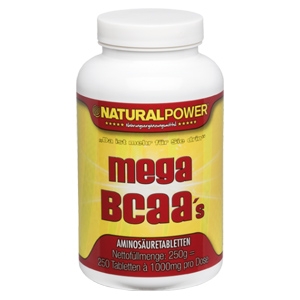
| Use for | Muscle Gain |
| Website | naturalpower.at |
| Price | €29.50 |
